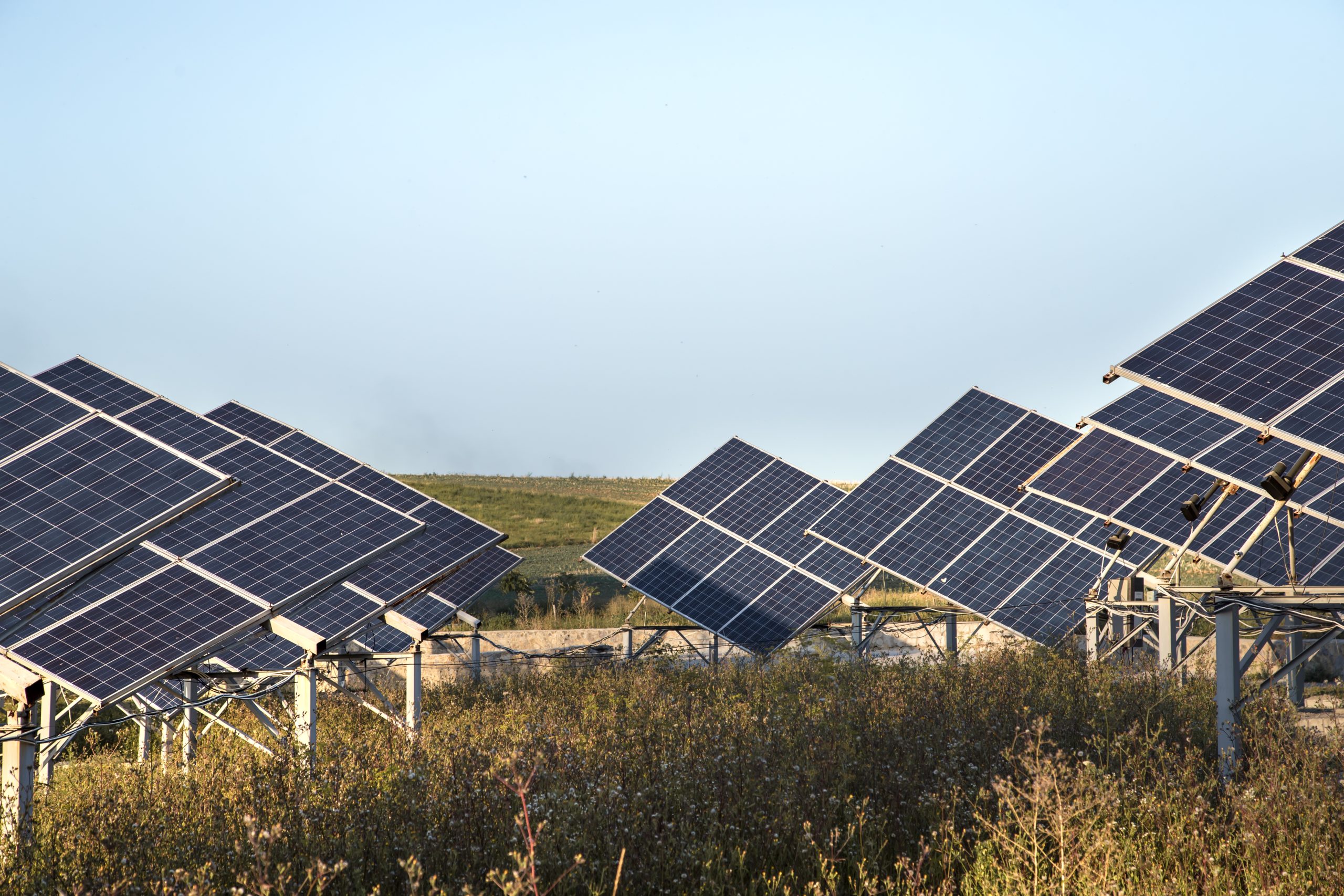
When energy security and sustainability are becoming top priorities in 2025, solar energy is leading the way as an efficient and renewable power source. But, while solar panels generate electricity during the day, what happens when the sun goes down or when power outages? This is where the solar battery comes in. It allows you to store excess energy and use it whenever needed.
A solar battery is a device that stores the electricity generated by your shoulder panels for later use. Instead of sending extra power back to the grid, you can keep it for nighttime or use it for emergency and high-demand periods. But how exactly does a solar battery work? And why should you consider investing in one? Let’s discuss solar batteries’ mechanics and their numerous benefits.
How Does a Solar Battery Work?
A solar battery captures and stores excess energy produced by solar panels. Here is a step-by-step breakdown of how it functions:
Energy Generation by Solar Panels
Your solar panels absorb sunlight and convert it into electricity in photovoltaic cells. The energy is then sent to your home to power appliances and devices.
Excess Energy Storage
Solar panels often produce more electricity than your home needs, especially on sunny days. Without a battery, this extra energy would typically be sent back to the grid. However, a solar battery stores this surplus electricity for later use.
Energy Conversion and Storage
Most home appliances run on an altering current (AC), but solar panels generate direct current (DC) electricity. A solar inverter converts this DC power into AC power for your household. Some batteries store electricity in DC form, while others store AC power, depending on the battery type.
Powering Your Home When Needed
Once the stored energy is needed, whether at night, during cloudy days, or a power outage, the battery releases it to keep your home running smoothly.
Multiple Recharging Options
Solar batteries can also be recharged using grid power or a gas generator, offering flexibility and ensuring your home stays powered in all scenarios.
Why Do You Need a Solar Battery?
Investing in a solar battery offers multiple benefits, from increasing your energy Independence to saving money on electricity bills. Here are some compelling reasons why you should consider adding a solar battery to your home:
Energy Independence
Relying solely on the grid means you’re subject to power outages, electricity prices, and potential blackouts. With a battery for energy storage, you can store your own power and reduce your dependence on traditional energy sources. Innovations in energy storage solutions are also improving the effectiveness of solar batteries.
Backup Power During Blackouts
Extreme weather, grid failures, or unforeseen circumstances can cause power outages, leaving homes without electricity for hours or even days. Solar batteries provide reliable backup power.
Maximizing Solar Power Efficiency
Without a battery, any excess electricity your solar panels generate is sent back to the grid, often for a lower credit than what you pay for grid power.
Lower Electricity Bills
Many utility companies use time-of-use billing, which means electricity prices are higher during peak demand hours. A solar battery allows you to use stored electricity during peak times.
Scalability and Customization
Many solar batteries offer expendable storage capacities. If you need 6 kWh for a small-scale backup or 90 kWh to run an entire home for a month, you can customize your setup based on energy needs.
How to Choose the Right Solar Battery for Your Home
When selecting a solar battery, consider the following factors:
Storage Capacity (kWh)
Determine how much energy you need to store. For minimal backup, 6 kWh may be enough, while A 90kWh system can power your entire home for a month.
Power Output (kW)
The battery’s output determines how many appliances it can run at once. A higher output (e.g., 7.2-21.6kW) ensures more devices can be powered simultaneously.
Battery Life & Warranty
Lithium-ion batteries generally last 10-15 years, while lead-acid batteries last around 5 years. Check the manufacturer’s warranty for long-term reliability.
Recent advancements in iron-based battery systems also extend battery lifespan and improve energy efficiency, making them a viable alternative to traditional lithium-ion and lead-acid batteries.
Compatibility with Solar Panels
Ensure the battery can be charged using your existing rooftop solar panels. Some systems are designed to integrate seamlessly with home solar setups.
Charging & Discharging Efficiency
Look for batteries with high round-trip efficiency (how much energy do you get back compared to what store). Lithium-ion batteries typically have 85 to 95% efficiency.
One more thing: exploring various energy-efficient home solutions can further enhance your sustainability efforts.
Final Thoughts
A solar battery stores extra energy for when you need it most. It lowers electricity bills, provides backup power, and increases energy independence. If you face frequent blackouts or high electricity rates, investing in a solar battery ensures long-term savings and a more reliable power supply.




















